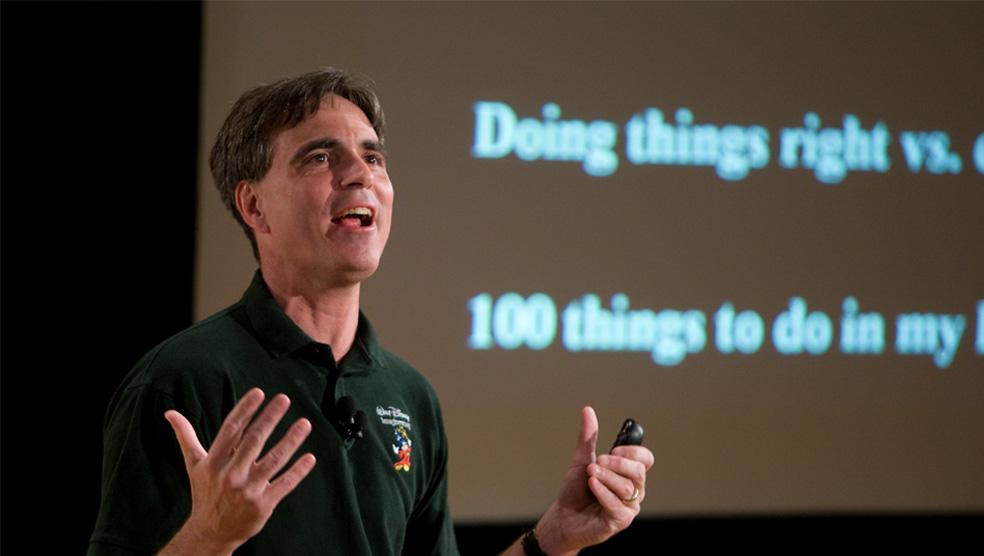Careful Spending Doesn’t Have to be Bad-Tasting Medicine

What do Henry David Thoreau and Marie Kondo have in common? Thoreau is perhaps most well known for authoring Walden (A Life in the Woods). You could describe his 1854 book about living simply as the 19th century forerunner to Marie Kondo’s modern-day The Life-Changing Magic of Tidying Up (The Japanese Art of Decluttering and Organizing). Scholarly snobs may balk at this suggestion, but there is no denying the parallels that can be drawn between the two. What first unified their work for us, was the Thoreau quote: “The price of anything is the amount of life you exchange for it.”
Neither Thoreau nor Kondo set out to write books. Thoreau engaged in a social experiment and was encouraged to write down his experiences and findings. Kondo was a highly-sought-after professional organizer, who couldn’t personally meet demand for her time, and so wrote a book that people could work through on their own. She is almost a one-person industry helping people rid themselves of debilitating amounts of clothing and other under used personal possessions.
Even though their work is separated by 160 years, both authors provide insight into why the cost of items can far exceed merely the amount of money paid for them. So in other words, many of us in the developed world still have yet to master just how many things we truly need. With Christmas and Hanukkah around the corner, let’s further dissect and discuss that thought.
Disclaimer: We do not think gifts or shopping are bad. We don’t believe that neater people who buy less are better humans. What we do believe, is that a lot of waste arises from traditional gift-giving practices, and that the frequency of gift-giving makes it the perfect vehicle to deliver quick but meaningful just-in-time lessons on how to spend wisely, to children.
When you buy a gift, you pay a monetary price, which typically includes not only the cost of the item, but also some sales tax, and maybe even shipping expenses. If the purchase was made across a border, add duty. If the purchase was made in a store a town over, add fuel costs and your time. Gifts are often wrapped and accompanied by greeting cards, which can also add cost. In a perfect world, the gift receiver loves, and appreciates, enjoys, or at least uses well, what has been given to them. But if the gift doesn’t fit the bill, and needs to be returned, more life has to be spent…you get the picture.
So when children invest even only a couple of minutes to “thoughtfully prefer” holiday wish-list items, they aren’t only learning how to think before they buy, they are actually in the process of saving their parents and extended family members, precious time (and yes even money), but more importantly, life.


If the young people in your life received a gift they would really use and appreciate this coming holiday season – would it matter to them that it had been collectively paid for by a group of family members? Would their happiness be less because the gift wasn’t a complete surprise? Would anyone miss the unpleasantness of seeing a child not be able to mask their disappointment upon opening a gift they are unlikely to ever use or enjoy? Wouldn’t you finally love to begin to teach your children about the value of a dollar?
This year, when holiday gifts enter the dinner conversation, consider Thoreau, and his modern-day kindred spirit, Marie Kondo. Free your whole family from ever again having to ask themselves if an item “brings them joy” because you no longer purchase items that don’t. How? Just ask your kids to consider what they might really use and appreciate for a holiday gift with our free, safe, Gift Surveys and DIMS (Does It Make Sense) Score calculators. You can even use the automatically generated pdf summary of a Gift Survey to help your extended family members come together and buy one larger more meaningful gift. These tools were purpose-built to help kids understand the full value of a request, and that some asks are just too expensive for one person to pay for. No personal information is ever collected.
Spend your life this holiday season on the stuff that we all know really matters: being with the people you love and enjoying favourite family meals and traditions. Don’t dread your January credit card statement. Feel great about the fact that you are giving your kids one of the best gifts ever – a small but meaningful dose of financial literacy. Because it’s being delivered with the very item or experience they were hoping for – it won’t taste bad at all.




